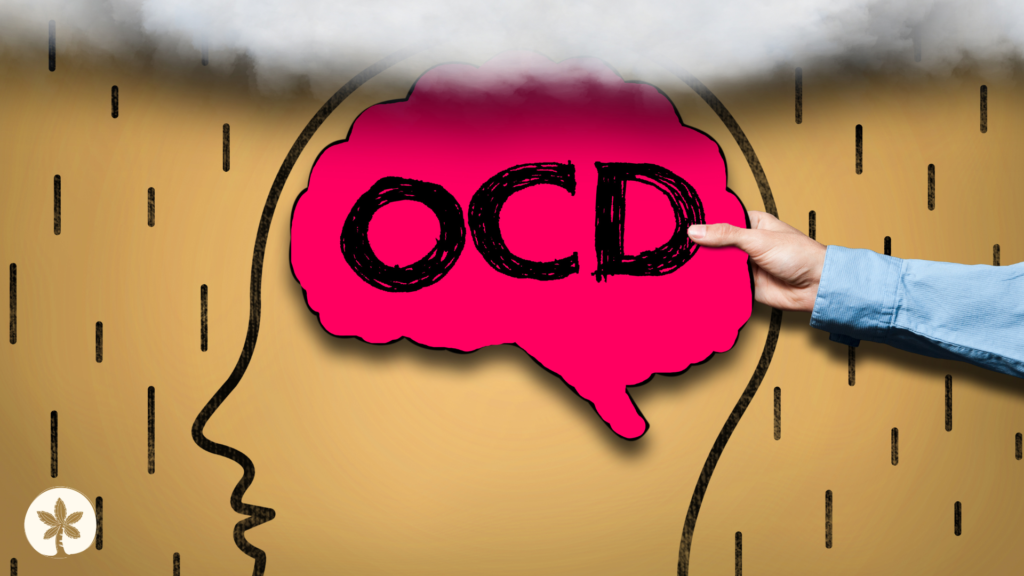OCD Therapy in McAllen TX: Understanding the Types and Finding the Right Support
When people hear about Obsessive-Compulsive Disorder (OCD), they often think of repetitive handwashing or perfectly organized shelves. But OCD is more complex than that—and it can look different for each person. At Saname Counseling, we provide specialized OCD therapy in McAllen TX, helping individuals understand their symptoms and take meaningful steps toward healing. Different Types of OCD OCD involves intrusive thoughts (obsessions) and repetitive behaviors (compulsions). These can show up in different ways depending on the person. Here are some of the most common types we see in therapy: Contamination OCD This involves fear of germs, illness, or dirt. People may wash their hands excessively, avoid public places, or clean for hours. Example: A McAllen resident avoids visiting loved ones due to fears of contamination. She wears gloves at home and disinfects surfaces constantly. Symmetry and Ordering OCD This type involves needing things to feel “just right.” People may rearrange items, walk a certain way, or repeat actions to relieve discomfort. Example: A student at UTRGV must align his books and objects perfectly before he can concentrate, causing delays in his studies. Harm OCD People with Harm OCD fear they’ll hurt someone—even if they never would. These thoughts create extreme anxiety. To cope, they may avoid objects or create mental rituals. Example: A client from Brownsville avoids sharp tools, afraid she’ll hurt her family by accident, even though she’s never acted on these thoughts. Pure Obsessional (Pure-O) OCD This subtype involves distressing thoughts or images but no visible compulsions. Instead, people may repeat mental phrases, analyze their thoughts, or seek internal reassurance. Example: A McAllen man silently repeats affirmations for hours each day to “prove” he’s a good person. Scrupulosity This form centers on moral or religious fears. Individuals may worry about sinning or not being “good enough.” They may pray excessively, confess often, or avoid triggering situations. Example: A client from Harlingen confesses minor actions repeatedly, afraid of spiritual consequences. Why These Subtypes Matter in Treatment Many people don’t realize they have OCD because their symptoms don’t match the stereotypes. Some may even be misdiagnosed, especially in areas with limited access to specialists. That’s why it’s essential to raise awareness and make OCD therapy in McAllen TX accessible and culturally responsive. Understanding these subtypes allows therapists to create treatment plans that fit each person—not just the textbook version of OCD. How We Treat OCD at Saname Counseling We use evidence-based methods tailored to your specific needs and experiences. Here’s what you can expect from OCD therapy in McAllen TX at Saname: Cognitive Behavioral Therapy (CBT) CBT helps you recognize unhelpful thought patterns and change how you respond to them. It’s a powerful tool for managing most forms of OCD. Exposure and Response Prevention (ERP) ERP, a specialized form of CBT, is the gold standard for OCD. You gradually face feared thoughts or situations while learning to resist compulsions. Over time, this rewires your brain’s response to fear. EMDR for Trauma-Linked OCD For clients whose OCD is rooted in early trauma, we also integrate EMDR (Eye Movement Desensitization and Reprocessing) to help reduce emotional triggers that fuel compulsions. Medication Support Some clients benefit from medication like SSRIs to reduce symptom intensity. We can coordinate care with your prescribing provider if needed. Virtual Therapy for OCD Live outside McAllen or can’t make it into the office? We offer secure online sessions throughout Texas so you can access expert support wherever you are. OCD Therapy in McAllen TX: Why It Matters In Texas, many people with OCD go undiagnosed or untreated. Stigma, limited resources, and cultural barriers often make it hard to find the right help. At Saname Counseling, we provide therapy that is: We specialize in supporting those who feel like they’ve had to “hold it all together” for everyone else—and are ready to get real relief. Get Support for OCD in McAllen Today If you’re struggling with OCD, you don’t have to do it alone. Whether your symptoms are visible or hidden, mild or overwhelming, help is available. Our team at Saname Counseling understands how OCD shows up differently—and how to help you move forward. Call or Text: 956-434-2520Email: hello@sanametx.comExplore our therapy services or schedule your first session.
OCD Therapy in McAllen TX: Understanding the Types and Finding the Right Support Read More »





